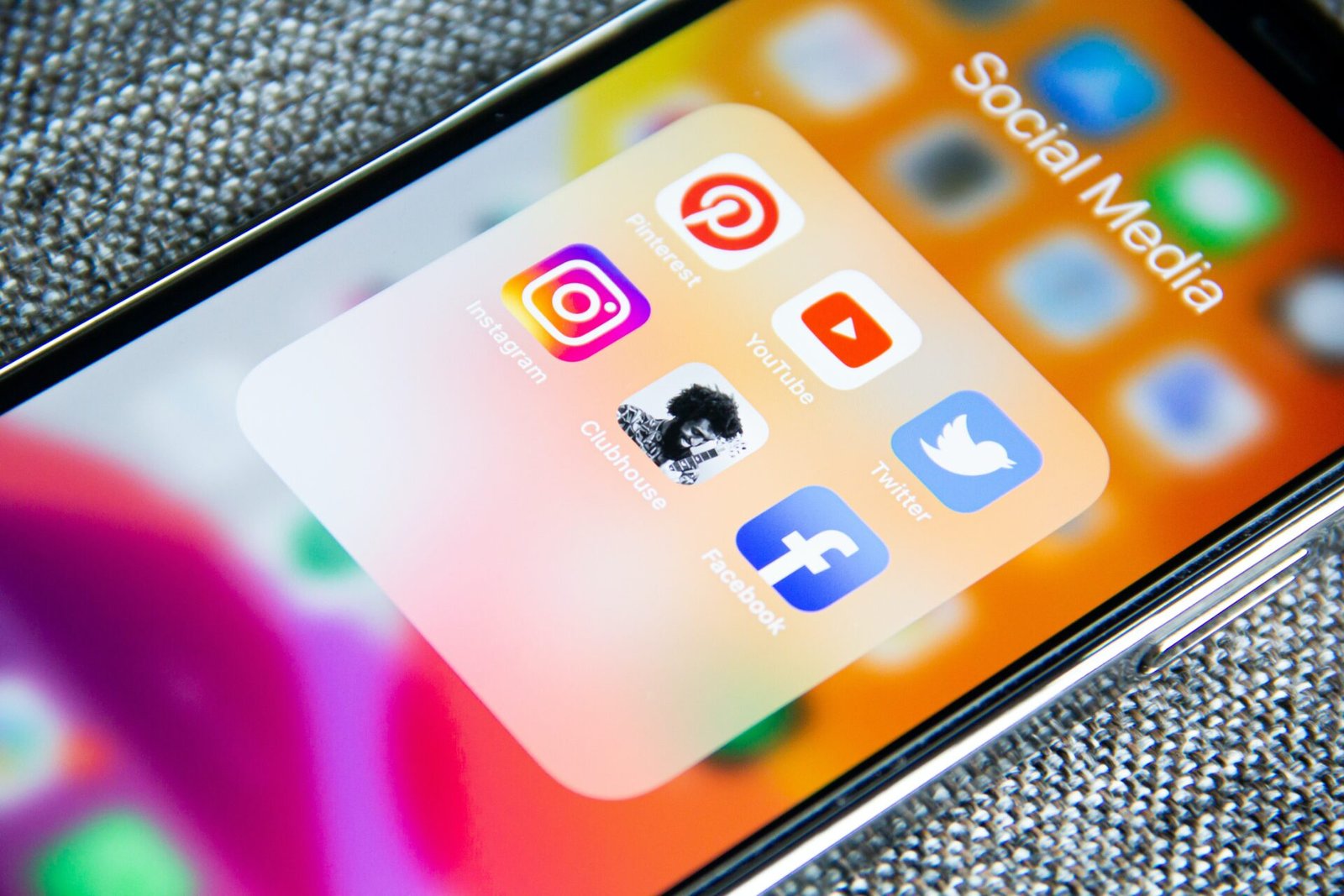Introduction
Hollywood’s blockbuster, Barbie, made a grand entry into Japanese cinemas amidst a whirlpool of controversy stemming from memes linking it with another film, Oppenheimer. With Warner Bros feeling the heat, we delve into the cultural nuances, emotional sentiments, and the consequent fallout from the coupling of these two films.
The ‘Barbenheimer’ Furore
The recent tag, “Barbenheimer”, which intriguingly, yet insensitively, married the essence of the Barbie film with Oppenheimer — a biopic about the creation of the atomic bomb during World War Two — unleashed a tidal wave of backlash in Japan. This outpouring of sentiment wasn’t merely a reaction to a film pairing but deeply tied to Japan’s solemn commemoration of the atomic bombings of Hiroshima and Nagasaki that occurred 78 years prior.
To add fuel to the fire, Warner Bros’ Barbie marketing account on platform X, the erstwhile Twitter, amplified fan-produced memes. These memes juxtaposed Margot Robbie, the lead actress of Barbie, with Cillian Murphy of Oppenheimer, often with the bleak backdrop of nuclear explosions. Understandably, this did not sit well with the Japanese populace.
The Public’s Demand for Action
The public’s disapproval manifested in a Change.org petition, initiated on August 1. Its main objective? To compel Warner Bros and Universal Pictures to cease endorsing and promoting the #Barbenheimer hashtag on social media platforms. This call to action resonated with many, as evident from the roughly 22,600 individuals who lent their signatures in support.
The momentum against the controversial hashtag gained traction in Japan, and the counter-movement, #NoBarbenheimer, began trending. Warner’s Japan division, recognizing the cultural misstep, made a rare move by openly criticizing its US counterpart. The subsequent apology from the US parent company, albeit a week later, demonstrated the gravity of the situation.
Even Mitsuki Takahata, the voice behind the dubbed Japanese version of Barbie, expressed her dismay on Instagram. She lamented about the distasteful memes, underscoring the profound disappointment felt by many in the industry.
Box Office Numbers Vs. Cultural Sensitivity
The controversy’s shadow, however, did little to eclipse the film’s success or its allure. By July 21, Barbie had grossed over US$1 billion globally. This accomplishment set a new benchmark, with Greta Gerwig, the film’s writer and director, becoming the first woman to achieve this feat as a solo director. The simultaneous release of Barbie and Oppenheimer undoubtedly added to the intrigue, driving the fantasy-comedy’s success further.
On the ground, reactions were mixed. Misaki Suzuki, a 29-year-old nail salon worker, gushed about the movie after a viewing in Tokyo, stating, “The pink world of Barbie was absolutely beautiful“. Conversely, Rie Takeda, a university student, felt the #Barbenheimer memes were harsh but conceded the film was “radiant” and enjoyable.
While Barbie might have weathered the storm, Oppenheimer still awaits its Japan release. The latter has already been scrutinized for seemingly sidelining the massive destruction resulting from the atomic bombings in Japan in 1945, leading to more than 200,000 casualties.
The Delicate Balance of Media in Remembrance
This incident underscores the delicate balance that media companies must tread, especially in international markets. Tying a light-hearted movie like Barbie to a grim event from history, even indirectly, was bound to evoke strong reactions.
Yet, the quick sales of Barbie tickets in Japan, synchronized with a significant national holiday marking Japan’s summer break’s onset, indicated that while the nation remembers its past, it also seeks entertainment and respite.
In the modern era of global media consumption, filmmakers, marketers, and distributors must be increasingly conscious of historical and cultural contexts. The ‘Barbenheimer‘ controversy serves as a stark reminder of the importance of cultural competence in an interconnected world.
Conclusion
In the ever-evolving world of cinema, where boundaries are blurring, and cultures are constantly intersecting, the Barbenheimer incident is a lesson in cultural sensitivity. While Hollywood blockbusters like Barbie might amass huge ticket sales, they also carry with them a responsibility to respect and acknowledge global audiences’ diverse histories and sentiments. In a world where movies have the power to influence and shape perceptions, there is a pressing need for informed, thoughtful, and respectful storytelling.
Read More:
